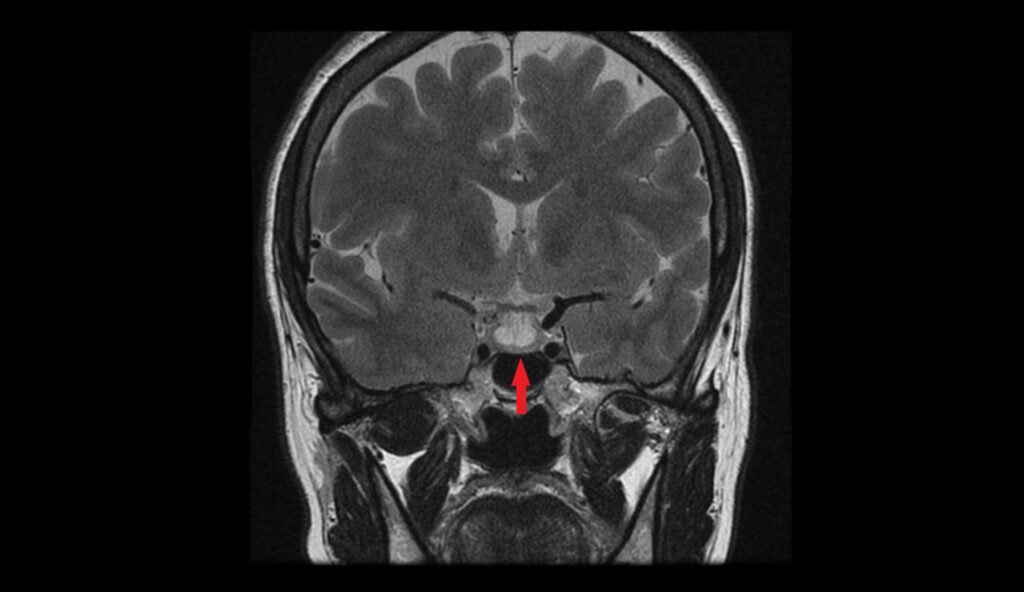
Probing Prolactin: When High Levels Raise Red Flags
We are excited to see so many of you join our FMEP courses. Several of...
0
Just a reminder… pay attention to the questions. Here are our general tips one more time:
1. Pay attention to the questions. Look carefully at how many items you are being asked to list. If the question asks for five items, you will not get more marks if you list eight items; the examiner will look at the first five and allocate marks only for the first five answers – so be careful. On a SAMP, if it is not clearly stated how many items you should list, look at the amount of points/marks being allocated for the question to get an idea of how many answers the examiner may be anticipating you write down.
2. Do not write lengthy answers. Most questions can be answered in 10 words or less!
3. Be specific when writing down investigations (hemoglobin instead of CBC; CT abdomen instead of CT).
4. Remember that trade names and generic names are both acceptable when writing down medications.
5. For more helpful tips, you can refer to CCFP’s SAMP instructions by clicking here.
Sexual Assault on your CCFP Exam
An 18 year old girl presents to the emergency department visibly shaken. She reports that her gymnastics coach sexually assaulted her last night after gym practice. She did not report this to the police but confided in her roommate who encouraged her to seek medical care. The assault happened at 8:54 pm last night. (12 points)
1. What should you look for and document on physical examination? (2 points)
2. You perform a physical exam and note that there are no anogenital injuries. True or false: this suggests that likely there was no anogenital assault. (1 point)
3. True or false: it is your legal obligation to collect evidence after a sexual assault. (1 point)
4. What should you offer the patient after a sexual assault? (5 points)
5. What two vaccines can you offer her in this situation? (2 points)
6. Apart from drug therapy, what else should you make sure you offer the patient, her family, and her friends before you discharge her? (1 point)
Helpful Resources:
Linden et al. (2011). Care of the Adult Patient after Sexual Assault. NEJM 365;9.
Young et al. (Reviewed March 2019). Pocket P.E.P. Clinical management of non-occupational and occupational exposure to blood-borne pathogens. St. Michael’s Hospital.
Sachs et al. (2020) Sexual Assault Infectious Disease Prophylaxis. StatPearls Publishing.